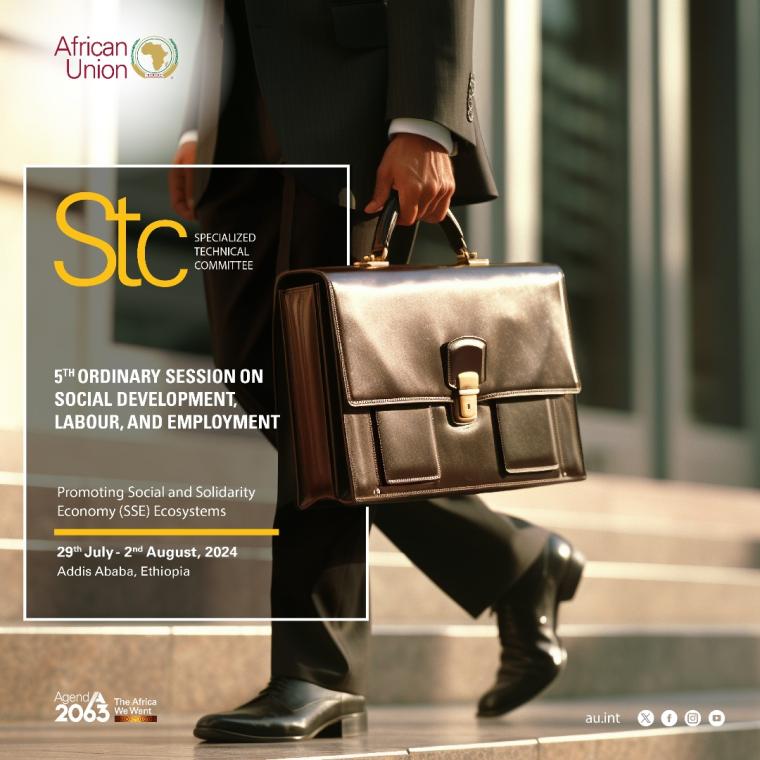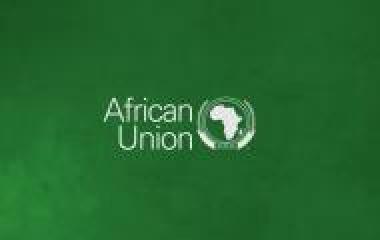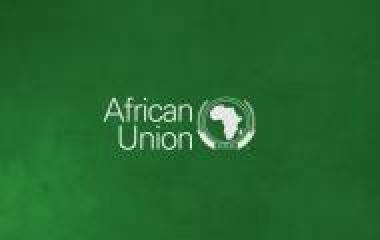Topic Resources
February 10, 2022
Agenda 2063 is Africa’s development blueprint to achieve inclusive and sustainable socio-economic development over a 50-year period.
June 19, 2025
7th MYCM Media Visa on Arrival Request Form
June 19, 2025
June 16, 2025




